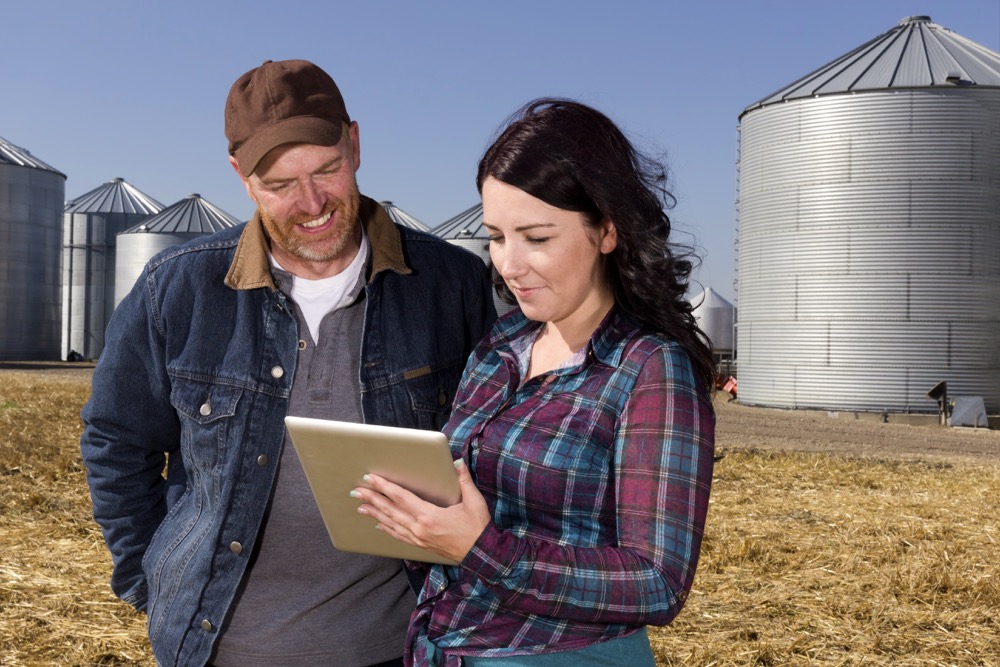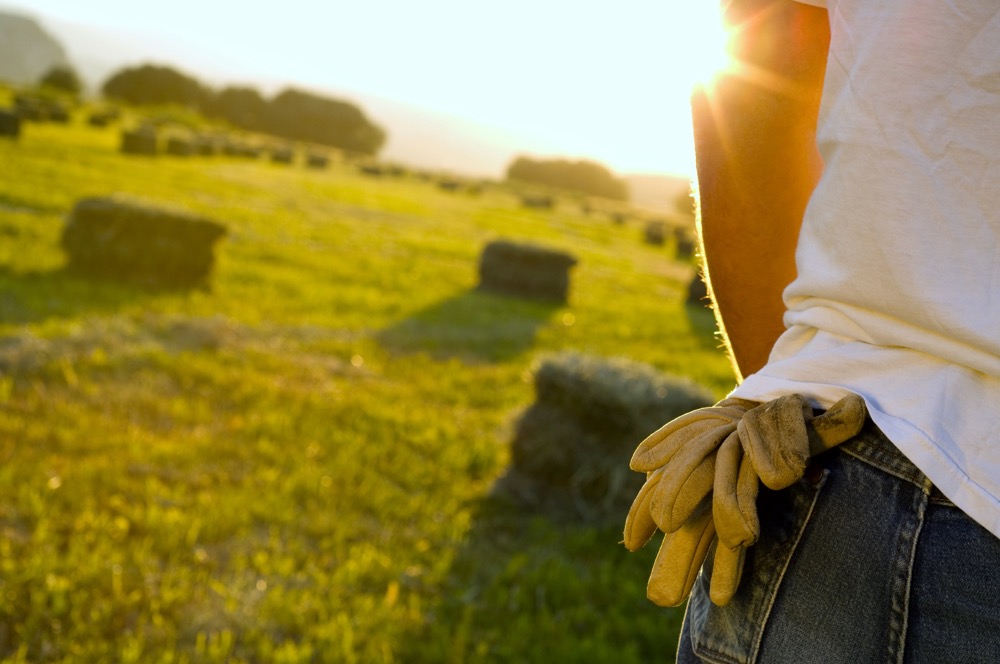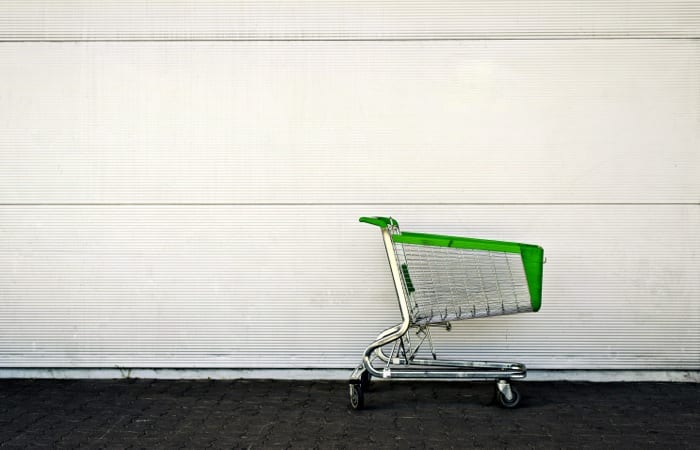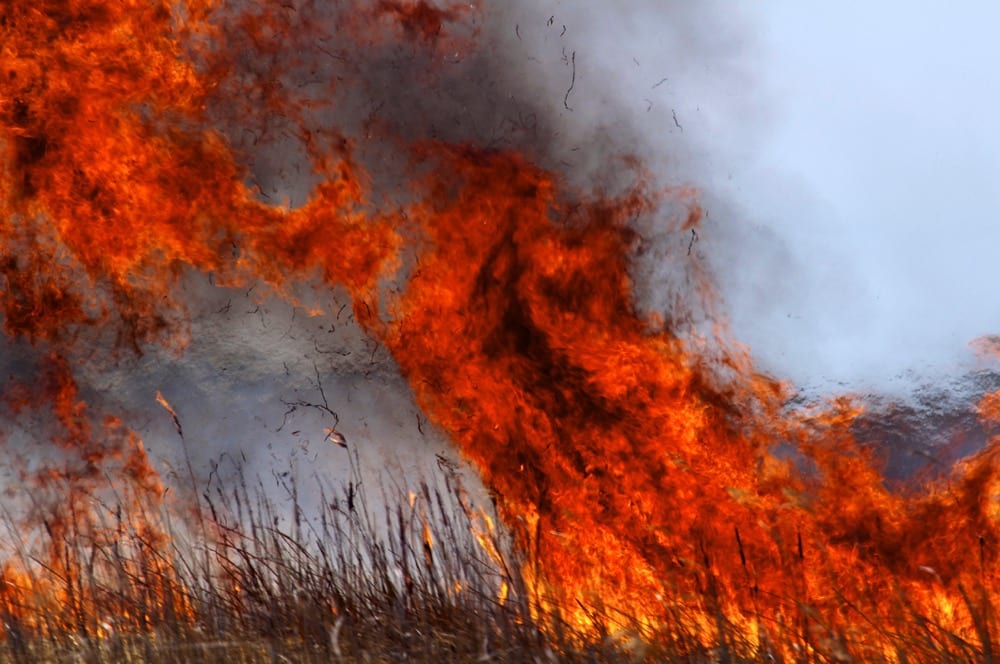Here’s some common mistakes and how to avoid them

Looks good, doesn't it? But every year there are reports from incidents resulting from gas barbecues. Here are six common barbecue safety mistakes — and how you can avoid them.
1. Failing to follow manufacturer’s instructions

If you get a new barbecue, don’t rush to fire it up without reading and understanding the manufacturer’s operating and installation instructions. Each barbecue is slightly different so don’t assume you know how to operate it. Carefully review the instructions and follow any cleaning and maintenance requirements.
2. Dirty or poorly maintained BBQs

Check the burner for any obstructions and make sure the gas supply hose is in good condition. If you spot any cracks or abrasions, have it replaced. Once you have your propane cylinder or gas supply hooked up, check the gas connections for leaks using a solution of 50 per cent dish detergent and 50 per cent water. Brush the solution onto the connections with a paintbrush and watch for any bubbles to appear, indicating a gas leak. If required, tighten up the connections again and re-test until no bubbles appear. If a leak cannot be stopped, do not attempt to light the grill. Never use matches or lighters to check for leaks.
3. Locating a BBQ near flammable objects

Barbecues should ideally be located on a flat, sturdy, non-combustible surface such as concrete or patio stones. To eliminate the chance of a fire spreading beyond the barbecue, maintain the minimum clearance that is shown on the appliance nameplate. Be sure to allow your BBQ to cool off completely before putting on the barbecue cover.
4. Failing to have licensed contractors doing gas work

Having a built-in barbecue installed? Built-in BBQs require a gas installation permit, portable BBQs do not. Remember that installation of gas — piping or a built-in BBQ — is regulated work and must be done by a licensed contractor. Make sure your contractor has pulled the appropriate permits for the work before they get started.
5. Using barbecues in enclosed areas

Barbecuing produces carbon monoxide which can be harmful and deadly. For this reason, never use a barbecue in any enclosed or partially enclosed area such as a garage or porch. Keep it in a well-ventilated area, away from any open windows or doors to avoid carbon monoxide from entering your home.
6. Neglected propane cylinders

All propane cylinders must be re-certified every 10 years or they cannot be refilled. Check the date on the cylinder and its condition. If it’s dented or rusty, have it checked by your gas supplier before filling. Also, if you are transporting your propane cylinder, keep it secure, upright and in a well-ventilated space at all times.













